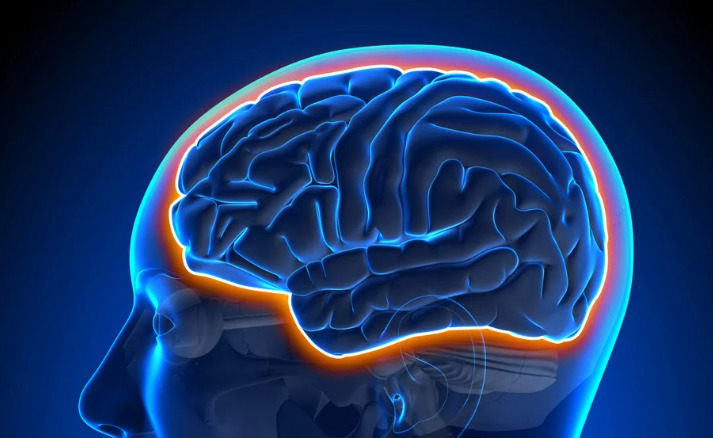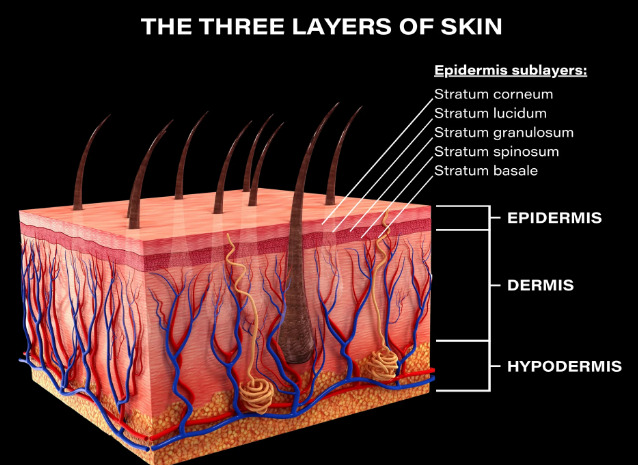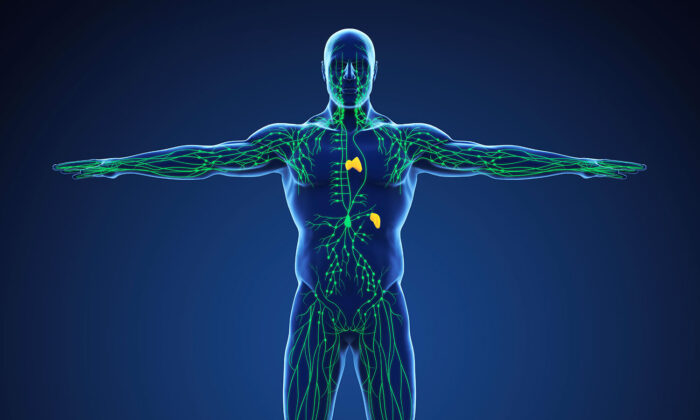Consuming vitamins every day brings numerous benefits, many of which we are unaware of. Eating certain foods can provide us with a plethora of minerals, so it is wise to obtain them naturally from fruits and vegetables. Magnesium is a most essential mineral that can be found in many common edibles such as cucumber, coconuts, and nuts. But what exactly does magnesium spray offer for our health?
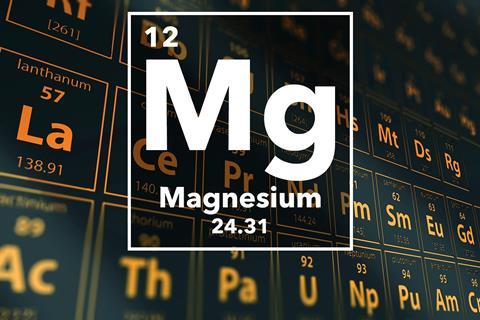
- Magnesium helps your immune system.
- Magnesium regulates bacteria and germs in the gut
- Magnesium improves the function of your muscles and nerves.
- Redue inflammation in the body
- Keep your bones healthy by preventing osteoporosis.
- Regulates blood pressure
- Protect yourself from toxins
- Restore your daily energy levels by following these steps.
- Manage your diabetes with the right tools
- Reduce migraine headache frequency

Here are the Top 20 positive effects of magnesium
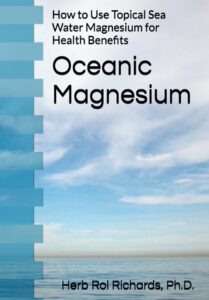
Top 20 Uses of Magnesium
1. Magnesium is good for your immune system
The immune system is often overlooked as a contributor to one’s health, but it plays an essential role. Were it not for the body’s natural defense, we would quickly succumb to infection and illness. Its ability to safeguard us depends on proper nourishment, and magnesium is one of the minerals that can provide invaluable support. When taken correctly, magnesium can strengthen the immune system’s “armor” or “shield” and offer protection against disease. Before you begin a regimen involving magnesium supplementation, it is wise to consult with your pharmacist regarding possible interactions with any other medications you may be taking.
2. Magnesium regulates bacteria and germs in the gut
We all contain healthy bacteria in our gut region that help us to digest food for optimum health. Unfortunately, when these are not present, harmful bacteria can take over and make us ill. Magnesium supplementation can help to balance the gut environment and even aid the body’s absorption of other minerals such as potassium and zinc, as well as regulate blood sugar levels. It’s important to keep within the recommended dosage, though – too much could actually be worse than not enough.
3. Magnesium improves the function of your muscles and nerves
Magnesium is a well-known supplement used by athletes for its musculoskeletal and nerve benefits. It can help alleviate soreness, aid in muscle contractions, and boost the body’s absorption of calcium. Without magnesium and calcium, the muscles would lack their contracting capability. There are several forms available to cater to your specific needs, such as sprays for relaxation.
4. Inflammation in the body can be controlled by controlling it
Inflammation is a damaging process for the body, leading to high blood sugar, pressure, heart issues, and cancer. It’s invisible to the naked eye yet can cause the entire body to react in an unhealthy way. People with lower magnesium levels may be particularly vulnerable to inflammation and thus more likely to develop diseases or health concerns. It is essential to make sure your magnesium levels are monitored by a healthcare provider.
5. Keep your bones healthy by preventing osteoporosis
It is equally dangerous for osteoporosis to have too little magnesium in your body, just as it was in inflammation. If you are at risk for osteoporosis, it is wise to have your magnesium levels checked. Magnesium is essential for calcium absorption, which is necessary for proper bone health. Without sufficient levels of magnesium, the bones, muscles, and health seem to diminish. Women over the age of 45 can be affected by osteoporosis, and a number of factors can contribute to the condition.
6. Regulating blood pressure
Millions of adults all over the world suffer from high blood pressure, a major risk factor for cardiovascular diseases and vascular complications. Medication is one option to help mitigate it, but there are natural alternatives as well. Exercise is an excellent way to maintain healthy blood pressure levels, while consuming food with a higher magnesium content may be especially beneficial for those who are pre-hypertensive. Thus, incorporating such foods into one’s diet can have significant results in terms of lowering blood pressure.
7. Protect yourself from toxins
One way to fight toxins that can roam free in your body is to take antioxidants. Magnesium is a particularly important one, as it can help protect cells from being oxidized by these harmful compounds. Antioxidants are key to keeping ourselves healthy, and we should be regularly putting them into our bodies.
8. Restore your daily energy
The cause of your sluggishness may be a variety of factors. You are affected by sleep, activity, mental stress, and toxins every day. If any of these affect you, you are likely to feel tired and want extra coffee. The most common cause of low energy levels is toxins in your body. Fortunately, magnesium use and proper magnesium levels can help your body to filter and eliminate toxins that are getting to your energy.
9. Manage your diabetes with these tips
The potential health benefits of magnesium are numerous. It has been reported to a lowering of the risk of type II diabetes, as those with deficiencies may be more susceptible to contracting it. Furthermore, low levels have been found to increase the chance of retinopathy occurring. Magnesium can help manage carbohydrate metabolization after a meal, similar to how insulin does. Studies suggest that consuming 100 milligrams every day could reduce the chances of diabetes by up to 15%. However, it is important not to exceed recommended doses from your physician or pharmacist.
10. Reduce migraine headache frequency
Migraines are an unpleasant variety of headaches that many individuals suffer from, with women being impacted more than men. The duration of pain can last anywhere from a couple of hours to an entire day. Reports suggest that those who experience migraines possess lower levels of magnesium than those unburdened by the condition. It is possible to reduce migraine occurrences by up to 41 percent with regular magnesium supplementation, which is good news for those plagued by persistent migraines.
11. Magnesium reduces insomnia
Insomnia is a problem for many people, especially those in their later years. Left unchecked, it can be detrimental to one’s health and make days seem to go on forever. Some may choose to take medication for the condition, but many opt out of this solution and instead turn to magnesium. Recent studies suggest it may help improve the quality and duration of sleep, as well as reduce morning wake-ups and time spent lying awake trying to fall asleep. This could prove beneficial to aging individuals who require restful sleep but don’t want to resort to medications.
12. Reduce anxiety and depression symptoms
There are many things that a magnesium deficiency does to the body, but reports of low levels of magnesium may contribute to depression and anxiety. Stress depletes magnesium levels, leading to anxiety and depression in individuals. It is important to eat a balanced diet to ensure magnesium levels are adequate; if the diet is not meeting your daily needs, you may want to consult a pharmacist to ensure proper dosage.
13. You are less likely to develop cancer when you take it
The number of cancer diagnoses would decrease significantly if the world were able to reduce cancer by almost 15 percent. Those who take magnesium regularly may benefit from a 13 percent reduction in the risk of cancer. It is helpful to lower and reduce the risk of cancer in any way possible, regardless of the many factors that contribute to it.
14. Improve your body’s flexibility
As a result of being more active, you may have developed tight muscles that may be causing you pain. A good flexibility and stretching program can help improve your flexibility in muscles, but magnesium can also help improve the elastic properties of muscle fibers. To facilitate a healthy lifestyle and flexibility program, it is important to consume regular amounts of magnesium-rich foods.
15. Strengthen your teeth by improving their strength
As your bones benefit from magnesium consumption, your teeth also benefit. Magnesium is important for calcium absorption to maintain your teeth’s integrity. Additionally, sufficient magnesium levels prevent phosphoric acid from damaging your enamel and teeth, thereby preventing tooth decay. The right amount of magnesium can be highly beneficial for your teeth, and you can get the benefits from taking regular amounts of it.
16. The body’s pH balance
Although people don’t often talk about an improper pH balance, magnesium can be a great aid in maintaining your body’s neutrality. It’s not just the foods and drinks you consume that can have an effect on your acid-alkaline ratio, including exercise, which causes lactic acid production and a drop in pH levels. If left unchecked, too much acidity is hazardous to your health – this is where taking supplementation of magnesium comes into play.
17. Constipation can be prevented by following these steps
Constipation is a common problem for some people due to a variety of factors, but when it occurs, it can be dangerous to the body. Magnesium’s natural effects on bowel health are one of its natural benefits. The body uses magnesium to eliminate toxins from the intestinal tract, making it a powerful laxative.
18. Prevent asthma from affecting you
Asthma is a condition commonly affecting children, but it can also affect adults. People who suffer from asthma are better able to breathe when they take magnesium supplements. Since magnesium aids in relaxing the muscles, it acts in a similar way in the bronchial tubes by preventing bronchospasms. Therefore, it gives the individual a better chance of breathing.
19. Avoid muscle cramps
The lower leg is one of the most commonly affected areas of your body when muscle cramps strike. These cramps tend to occur during the night. Magnesium can soothe and calm the muscles and help prevent cramps from occurring. If you are experiencing leg cramps, talk to your doctor, pharmacist, or qualified healthcare provider for proper dosage.
20. Prevent heart attacks
As well as reducing inflammation and lowering blood pressure, magnesium is also effective at preventing heart attacks. Magnesium, which protects your heart from damage and stress by shielding and protecting it from irregular heartbeats, can shield and protect it from damage and stress. In a world where millions of adults suffer from heart disease, magnesium supplementation can help prevent fatal conditions from developing.






